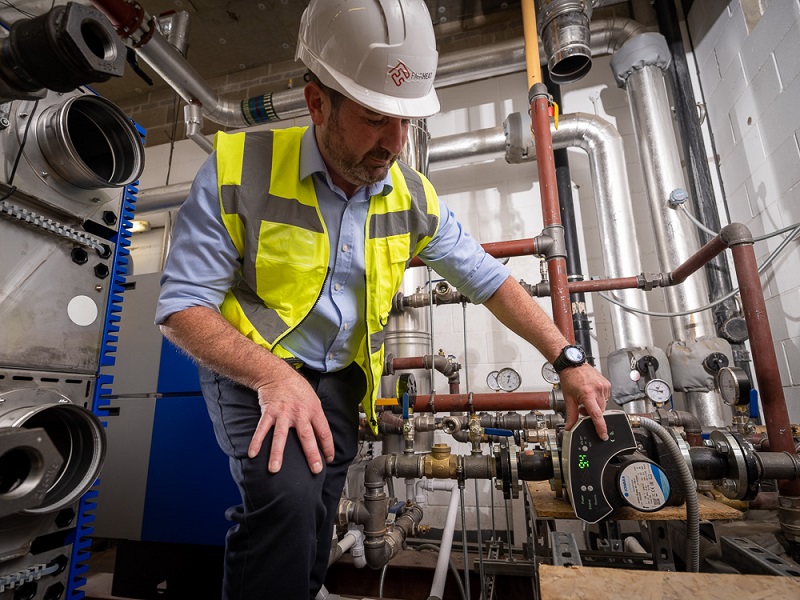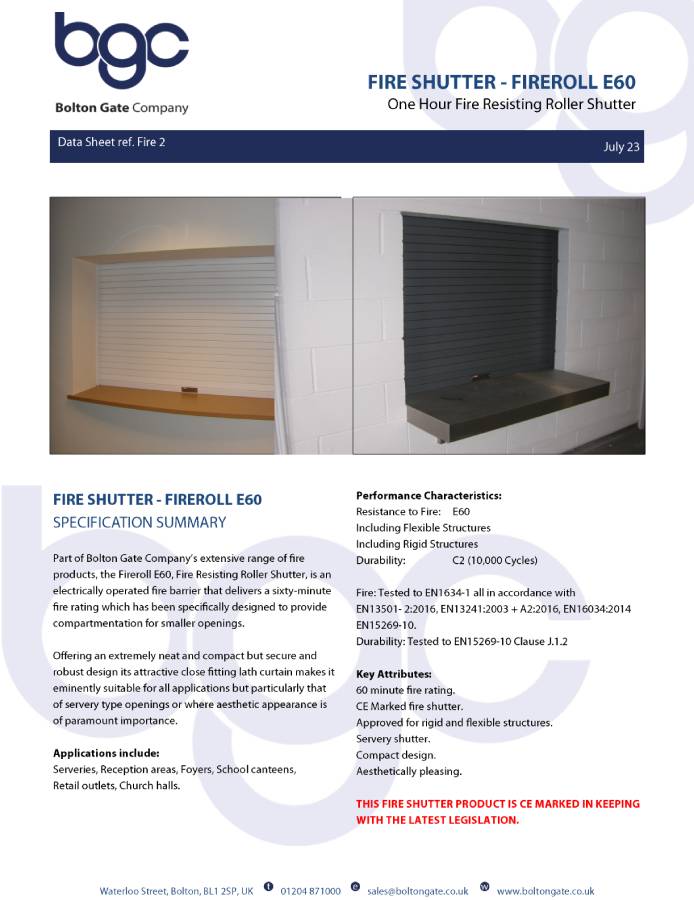The Department for Energy Security and Net Zero (DESNZ) has appointed the Building Engineering Services Association (BESA) as the lead training provider for a scheme to improve the performance of the UK’s heat network industry.
BESA has already started work on developing new training programmes to support the Heat Network Technical Assurance Scheme (HNTAS) as part of an £183,000 contract that will run until November 2025.
The training will underpin the sector’s new regulatory regime overseen by the energy watchdog Ofgem. This will place greater emphasis on technical standards and consumer protection as the government looks to step up the volume and quality of these key low carbon heating projects.
BESA is working in partnership with the government’s technical author Fairheat which has been developing a code of technical standards for the government in preparation for the new regulations since 2022.

The code includes detailed technical standards/requirements that will start to be introduced in 2025 and which are based on the voluntary standards set out in the original code of practice developed by CIBSE. The training will be relevant to operators, developers, contractors and designers.
Fairheat, which is a leading heat network consultancy, has also been helping the government develop assessment and certification schemes so developers and operators of both new and existing networks can demonstrate compliance with the new regulations and meet minimum standards of performance and reliability.
Initially, BESA will act as a ‘shadow’ training provider as it will be operating before the HNTAS goes live. This is because the government wants the training, which is expected to start in the first half of 2025, to be up and running as soon as the new regime is operational.
“Continuity of training before and after scheme launch will ensure the consistent supply of high-quality, trained professionals needed to allow the scheme to run successfully,” a DESNZ statement said.
“The aim of the scheme is to make sure heat networks, both new and old, meet the minimum standards of performance and reliability in order to cut carbon emissions, reduce costs and improve customer experience.”
Just over 2% of the country’s heat is currently distributed by networks, also known as district heating or district energy systems, but the government aims to grow that to 18% by 2050 in line with its wider net zero commitments.
Up to a third of installed systems serving homes and large non-domestic buildings such as hospitals, universities, hotels, supermarkets, and office blocks are also thought to be in urgent need of upgrading. Many were not designed properly and so do not meet current efficiency standards.
“HNTAS is a critical step in raising standards across the industry,” said Fairheat managing director Gareth Jones. “This partnership with BESA is a testament to our shared commitment to driving excellence in the heat network industry.
“Together, we will seek to address the skills gap that has long challenged the sector and equip professionals with the tools to deliver efficient, sustainable, and reliable heat networks.”
The government has also recently chosen six UK regions to be hosts of heat network ‘zones’ which will share a £5.8 million funding pot to help accelerate industry improvements.
Leeds, Plymouth, Bristol, Stockport, Sheffield, and two areas in London will use the funding to identify the best locations for new networks through data analytics. They will also become showcases for installing networks at scale and demonstrating the use of recycled heat to serve multiple buildings
“Heat networks will play an increasingly important role in the transition to net zero, so it is vital that the country has a suitably trained workforce that can help the technology meet its full energy and cost saving potential,” said BESA’s head of service development Jill Nicholls.
“The new regulatory regime is a major development for the sector, which is also facing a busy period of upgrading existing networks to meet higher technical standards as well as rolling out new installations. Technical standards and workforce competence will, therefore, be tested as never before.
“We are delighted to be working closely with DESNZ and our long-standing partners Fairheat in putting together a comprehensive training programme to underpin this exciting period for the whole industry,” added Nicholls.
As well as the training courses, BESA developed the industry’s test regime for Heat Interface Units (HIUs) to ensure the equipment used to distribute heat from networks to individual homes and commercial buildings also meets rigorous technical standards.
The Association also recently accredited two new fully funded heat networks courses: A short online foundation course and a more in-depth installation and maintenance course to help meet rising demand for skilled professionals.
They are government funded and were developed in partnership with the Manufacturers of Equipment for Heat Networks Association (MEHNA) and the Thermal Insulation Contractors’ Association (TICA).



















